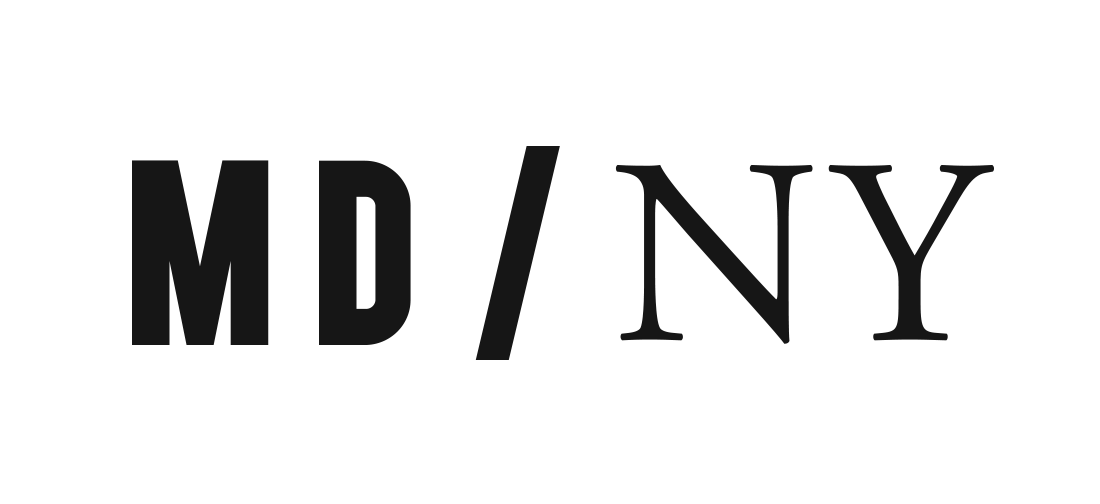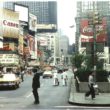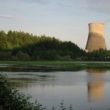This special issue of The Washington Spectator coincides with the launch of the Marfa Dialogues/New York project—a citywide public conversation on climate change scheduled for this October and November in New York. More than 30 organizations—leading cultural and academic institutions, arts initiatives and advocacy groups—will present a spectrum of programs that engage climate-related issues over the project’s two-month calendar.
The animating idea behind Marfa Dialogues is to bring artists and people from the creative community together with journalists, academics, scientists, public interest advocates and activists to explore social and political themes. The Public Concern Foundation, the publisher of this bulletin, co-founded this project together with Ballroom Marfa, a leading contemporary arts center in Marfa, Texas, in 2010. Our initial symposium addressed the culture and politics of the border region. Ballroom curated an exhibition of Mexican artists, many of whom looked at the border through the dual lens of identity and memory. We learned from this first undertaking that the inclusion of artists in the mix of authors, academics and other experts on the program helped broaden the public conversation and make the subject more accessible to a wider audience.
The idea behind Marfa Dialogues: bring together artists, journalists, academics, scientists, and public-interest advocates to explore the issue of climate change.
The second Marfa Dialogues—held in Marfa in 2012—focused on climate change and featured Michael Pollan and Rebecca Solnit, both journalists and book authors for whom environmental concerns have been central to their writing. In collaboration with Cape Farewell, an international arts organization dedicated to advancing a cultural response to climate change, Ballroom produced an exhibition of environmentally-themed work.
The program also featured an informative and alarming exchange—between Diana Liverman, the director of the Institute of the Environment at the University of Arizona, Tucson (see “A Warning from the American Southwest: It’s Getting Hotter” in the October issue), and John Nielsen-Gammon, the Texas State Climatologist—who together observed that surface water in the Southwest had largely disappeared, ground water was distressed, and the historic alternating patterns of drought and rainfall had been permanently disrupted. The culprit was the human hand in climate change—reflected primarily in the massive amounts of carbon emitted from the major power stations in the region.
The programs were carried over the local NPR affiliate KTRS and the enthusiastic response reinforced our sense that the Marfa Dialogues would be well-received in larger metropolitan markets. Happily, the Robert Rauschenberg Foundation, which had helped to fund the second Dialogues, agreed to support an expanded version of the project in New York City in the fall of 2013. We sought partners who would help enlarge our roster of climate-themed projects, and dozens of New York institutions signed on, perhaps unsurprisingly in the wake of Superstorm Sandy.
The Carbon Tax Center is hosting a panel on how the introduction of a carbon tax will influence the way Americans view energy consumption, and Denis Hayes, founder of Earth Day and a mainstay of the environmental movement in the Pacific Northwest, is flying in from Seattle to participate. The Natural Resources Defense Council is sponsoring a conversation between the artist Maya Lin and NRDC President Frances Beinecke, on the role artists, advocates and scientists play in addressing climate change, the role of art in mobilizing and educating the public, and the potential for environmentally focused artwork to affect climate change policy. In collaboration with the Pratt Programs for Sustainable Planning and Development, the Center for Social Inclusion will present a series of workshops at museums throughout New York City, on recovery, adaptation, mitigation and planning with communities post-Hurricane Sandy. Joe’s Pub at the Public Theater is premiering Nora York’s song cycle on climate change and the world’s water supply; the High Line is presenting a video installation on the spectacle of nature; and the Institute for Sustainable Design at Cooper Union is hosting a panel discussion bringing together artists and climate experts to discuss a study that examines the impact of greenhouse gases.
The complete list of organizations can be found at marfadialogues.org, where you will also find a calendar of events, and a new Marfa Dialogues blog on climate change. If you would like information on how you can develop a Marfa Dialogues project in your community, contact us at [email protected].
Hamilton Fish is President of the Public Concern Foundation, which publishes The Spectator.





0 Comments